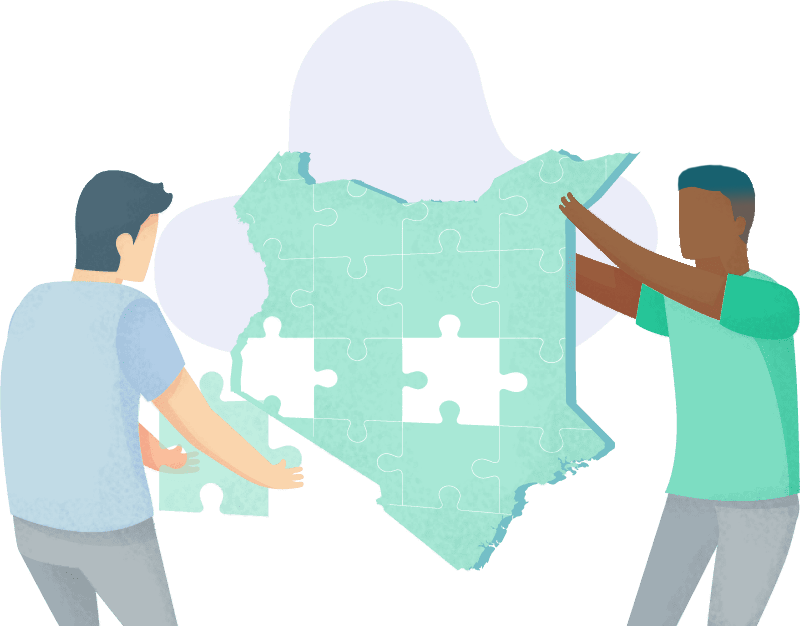Why We’re Looking for Friendships
There are over 20,000 children in L.A.’s foster care system. Simply put, the needs of these children are great. We know that not everyone can be a foster parent, but most people can be a good and reliable friend to a child. We believe youth in care will thrive when their circle of support is strong. We are looking for healthy and caring adults who can commit to being a positive influence throughout a child’s time in foster care.

What we now know about the most effective therapy for children with histories of trauma is simple – introduce as many caring and quality relationships as possible.
Foster Care statistics
children are in foster care in California
are waiting to be adopted
%
become homeless when they age out.
Aging Out of the Foster System
California foster youth age out per year
%
leave foster care at age 18 with no place to call home
become instantly homeless in Los Angeles alone.
Mission
Simply Friends promotes meaningful, safe opportunities for youth in foster care to create positive and healthy relationships by socializing with trusted neighbors.
Vision
Create a program enabling those eligible to provide meaningful and healthy relationships for youth in foster care, which can serve as a model that can be scaled to serve more communities.
Youth in foster care need friendship opportunities and the opportunity to explore the communities in which they live. These opportunities to build relationships become vital buffers against exploitation, as well as their impulse to run away- two things that increase their vulnerability. Given their histories of abuse, abandonment, trauma and neglect, these opportunities to develop quality relationships introduce fun and excitement about living; a perspective shift that can help alleviate the depression and anxiety that youth in foster care often suffer.
Understanding the vital component community care plays, we must strive to liberate youth in foster care through socialization and enable them to build healthy and trustworthy relationships. The more time they are in the company of caring adults and peers experiencing quality of life, the greater their chances become for their success.
Sources
Dronen, C. (2021, March 17). The Problem. Finally Family Homes. https://finallyfamilyhomes.org/the-problem/.
